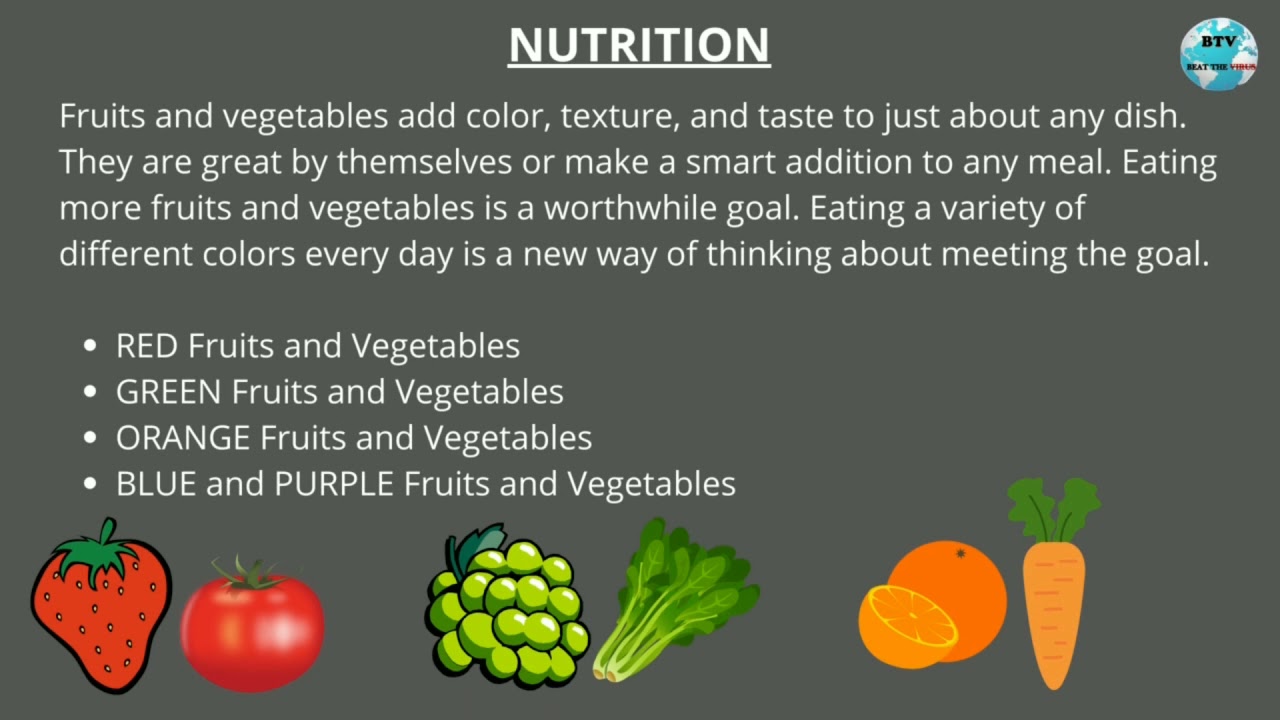#btv #btvusa #immunity #prevention #wellness
We know staying on top of the health conditions and concerns we may face after age 65 is an important part of the forward momentum that comes with aging. For example, many of us—even if we’re already living with several health conditions—are interested in steps we can take in advance to maintain overall well-being and make sure our needs and preferences still fit into our care.
“Preventive health” is the medical term for care that helps us protect, promote, and maintain health and well-being. If you’re an older adult or a caregiver for an older person, you can access important information here about wellness, preventative health, and other issues that can keep us healthy and safe for as long as possible.
IMMUNIZATIONS:
Vaccines are safe and effective. Vaccine-preventable diseases are at an all-time low thanks to more people being vaccinated, saving lives and millions of dollars in health care costs, but this doesn’t mean the diseases have disappeared. Many viruses and bacteria are still circulating. This is why it is important for everyone to receive all of the recommended immunizations on time.
Most vaccine-preventable diseases are caused by germs called viruses or bacteria. Vaccines to help prevent these diseases generally contain weakened or dead viruses or bacteria specific to the disease.
Vaccines help your body recognize and fight these germs and protect you each time you come in contact with someone who is sick with any of these diseases.
OBESITY:
almost two out of every three adults are overweight or obese. These conditions know no boundaries and impact both genders, all races and ethnicities, all socioeconomic groups, adults, and children. Failing to maintain a healthy weight can have serious health consequences that impact pregnancy outcomes, early childhood development, and the prevalence of acute and chronic conditions that compromise the quality and length of life. Healthful eating and regular physical activity are two critical components in achieving and maintaining good health.
NUTRITION:
Fruits and vegetables add color, texture and taste to just about any dish. They are great by themselves or make a smart addition to any meal. Eating more fruits and vegetables is a worthwhile goal. Eating a variety of different colors every day is a new way of thinking about meeting the goal.
RED Fruits and Vegetables:
Red fruits and vegetables contain essential compounds that promote heart health, healthy aging and memory, and urinary tract health. They also reduce the risk of some cancers. Make a pot of vegetarian spaghetti sauce to fill your week with the benefits of red fruits and vegetables.
GREEN Fruits and Vegetables:
Green fruits and vegetables contain varying amounts of potent phytochemicals, such as lutein and indoles, as well as varying amounts of vitamins A, C, E and K, beta-carotene and B vitamins. These substances can help lower cancer risk, improve eye health, and keep bones and teeth strong.
Vitamin K, perhaps the star of all vitamins found in green vegetables, is important for blood clotting, keeping bones strong, and may help prevent hardening of the arteries, which can cause a heart attack.
ORANGE Fruits and Vegetables:
These nutrient all-stars offer a lot of antioxidants, vitamins, fiber and phytonutrients, which are good for your skin, eyes and heart, and may decrease your risk of cancer. Beta-carotene is a powerful antioxidant. It gives these sunny fruits and vegetables their bright color. Experts say beta-carotene is not only good for eye health, but it can also delay loss of mental sharpness and protect skin from sun damage.
Choose at least one orange fruit or vegetable every day to get the folate and vitamin A your body needs to maintain good health.
BLUE and PURPLE Fruits and Vegetables:
These vibrant foods get their colour from natural plant pigments called “anthocyanins” which have been shown to reduce the risk of cancer, stroke and heart disease. Anthocyanins in blueberries, grapes and raisins act as powerful antioxidants that protect cells from damage. Other studies have shown that eating more blueberries is linked with improved memory function and healthy aging.
source



